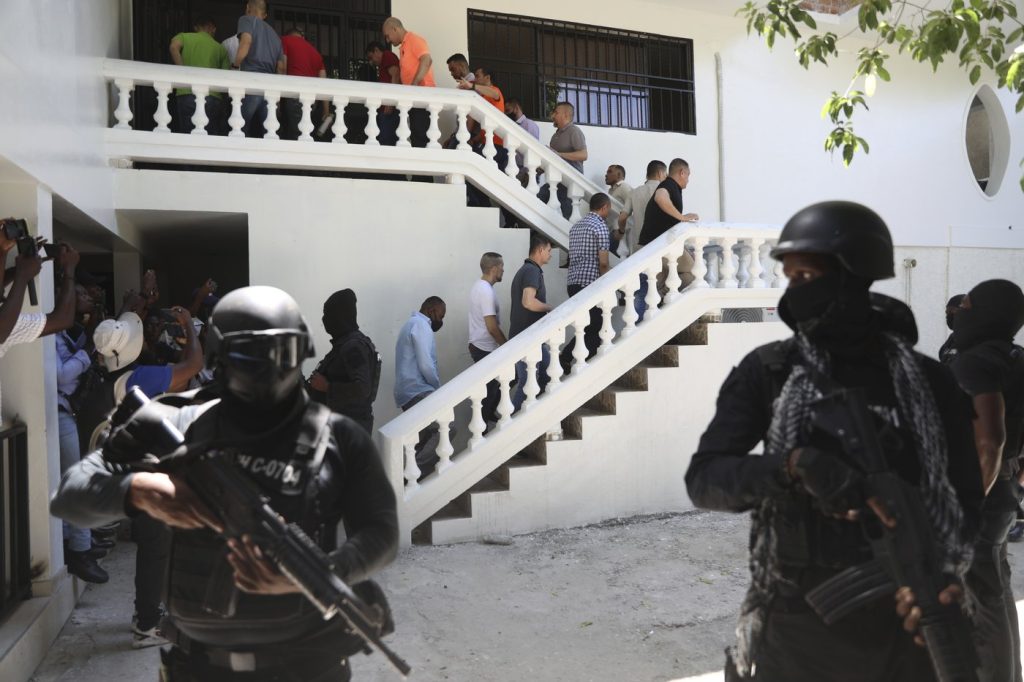In Haiti, nearly four years after the assassination of President Jovenel Moïse, not a single suspect detained in connection with the case has faced trial. Moïse was brutally gunned down at his residence in Port-au-Prince on July 7, 2021, an event that has since been mired in a chaotic investigation plagued by rampant gang violence, death threats, and a deteriorating judicial system.
Judge Claude Jean, one of six judges investigating the case, expressed frustration towards suspects during a recent interrogation, accusing them of failing in their duties. The investigation revolves around 20 suspects, including 17 former Colombian soldiers and three Haitian officials. Some of the suspects allegedly intended a coup rather than an assassination, hoping for financial rewards from a new administration. Several key suspects have escaped arrest, following the massive prison break orchestrated by powerful gangs that took place last year.
The investigation was interrupted multiple times due to the resignation of judges fearing for their safety. The judiciary's challenges have been exacerbated by the dominance of gangs that now control approximately 85% of Port-au-Prince, leading to the temporary suspension of court hearings held at a downtown courthouse seized by armed groups. After moving several times for safety, hearings resumed in May 2025 in a private residence in the Pétion-Ville area, once considered secure.
During interrogations, tension is palpable as judges confront detainees, including police officers accompanying Moïse the night of his death. Ronald Guerrier, one of the officers, testified that they were incapacitated by a stun grenade and could not identify the assailants who claimed to be U.S. Drug Enforcement Administration agents. Guerrier's inability to act during the assault drew sharp criticism from Judge Damicy, who emphasized that such failures would not be acceptable in a crisis.
In a heavily fortified section of the investigation's headquarters, interrogations often escalate into heated exchanges. A former Ministry of Justice official, Joseph Badio, faced probing questions regarding his communication with former Prime Minister Ariel Henry after the assassination, highlighting the intricate connections between the suspects. Colombian suspects, who claim they were contracted for security work, assert they have faced inhumane treatment, physical abuse, and psychological torture during their detention.
Meanwhile, in the United States, 11 extradited suspects have been charged, with five already pleading guilty to conspiracy in Moïse’s assassination. The trial for the remaining suspects, including Anthony "Tony" Intriago and Haitian-American suspects James Solages and Christian Emmanuel Sanon, is scheduled for March 2026. Sanon's ambition to lead Haiti and Solages' claims of a CIA-backed operation add layers of complexity to the case.
Martine Moïse, the late president's widow who was injured during the attack, is anticipated to testify in the U.S. trial. Court documents suggest the conspiracy initially involved kidnapping Moïse, but plans shifted to assassination when the suspects could not secure sufficient weapons or a plane. Bruner Ulysse, a legal expert in Haiti, criticized the ongoing local investigation, noting the substantial risks judges, prosecutors, and lawyers face in pursuing justice amidst an environment of violence and intimidation.











